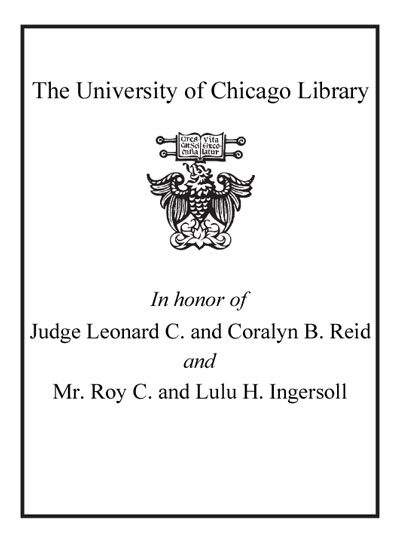Review by Choice Review
The war on terror has engaged not only intelligence and military personnel, but those in other professions as well, including psychologists, lawyers, and doctors. Psychologists helped craft interrogation strategies at Guantanamo Bay, lawyers justified "enhanced interrogation techniques" for the Bush administration, and doctors have overseen the physical condition of detainees as soldiers administered harsh treatment. This involvement has occasioned heated public debate, especially within professional organizations, about the ethical norms and ideals shaping professional conduct. Lauritzen (John Carroll Univ.) reports from this front of the war on terror. He offers a fascinating look at how professional self-reflection might help sustain ethical commitment and shape moral character in a democratic society under the threat of terror. First he examines professional debates within the American Psychological Association and among lawyers, showing how ethical commitments to the common good emerge in compelling ways in each debate. Then he examines key normative issues surrounding professional responsibility, accountability, and the virtuous conduct of counterterrorism. Here, Lauritzen defends the dignity of detainees and its implications for countering terrorism. This is a unique and valuable contribution to the field. Summing Up: Highly recommended. Upper-level undergraduates and above. S. D. Lake Trinity Christian College
Copyright American Library Association, used with permission.
Review by Choice Review

